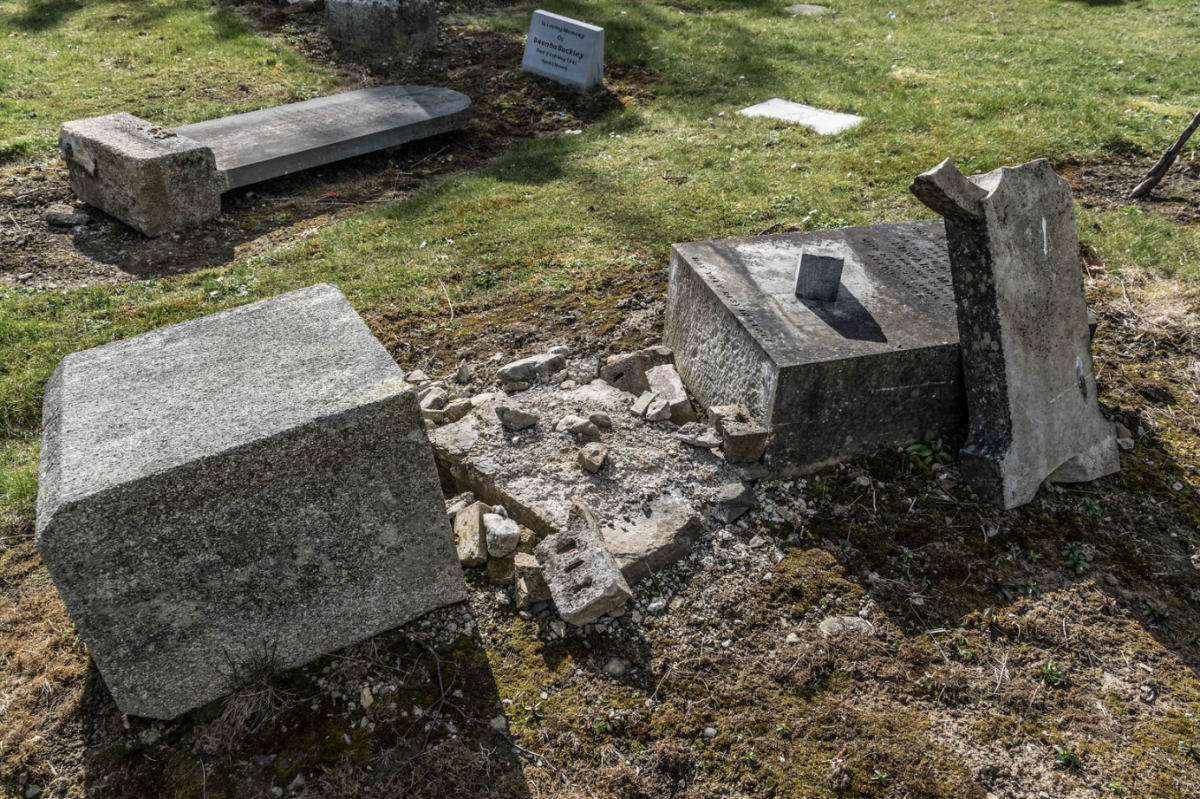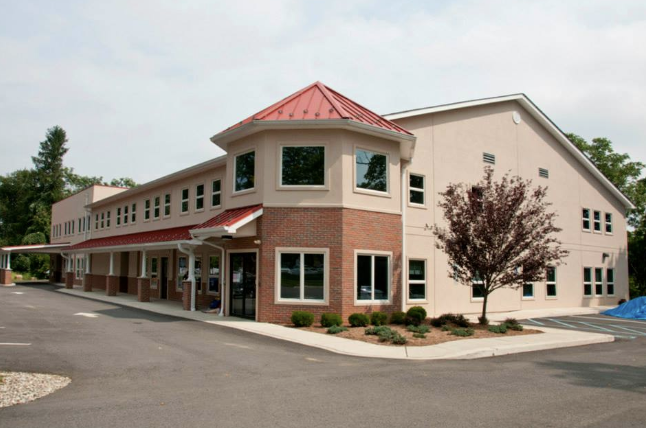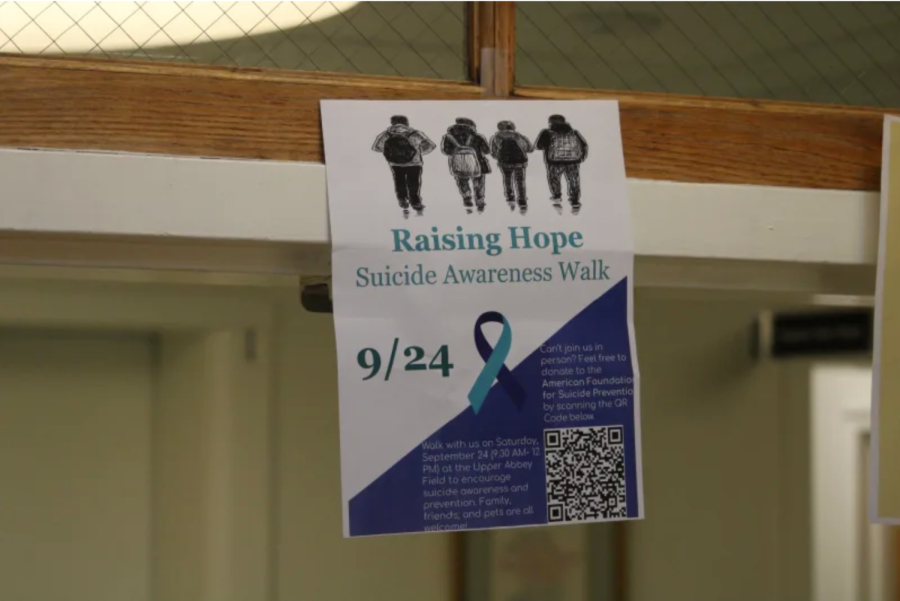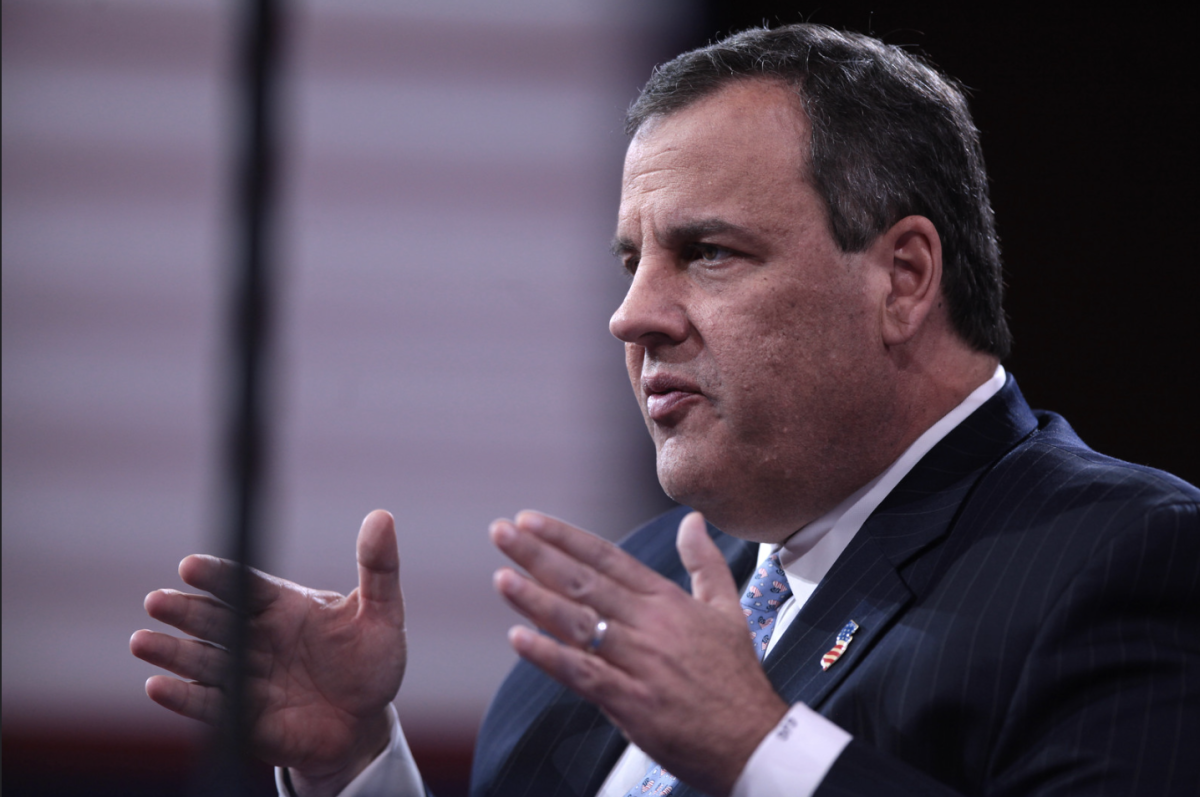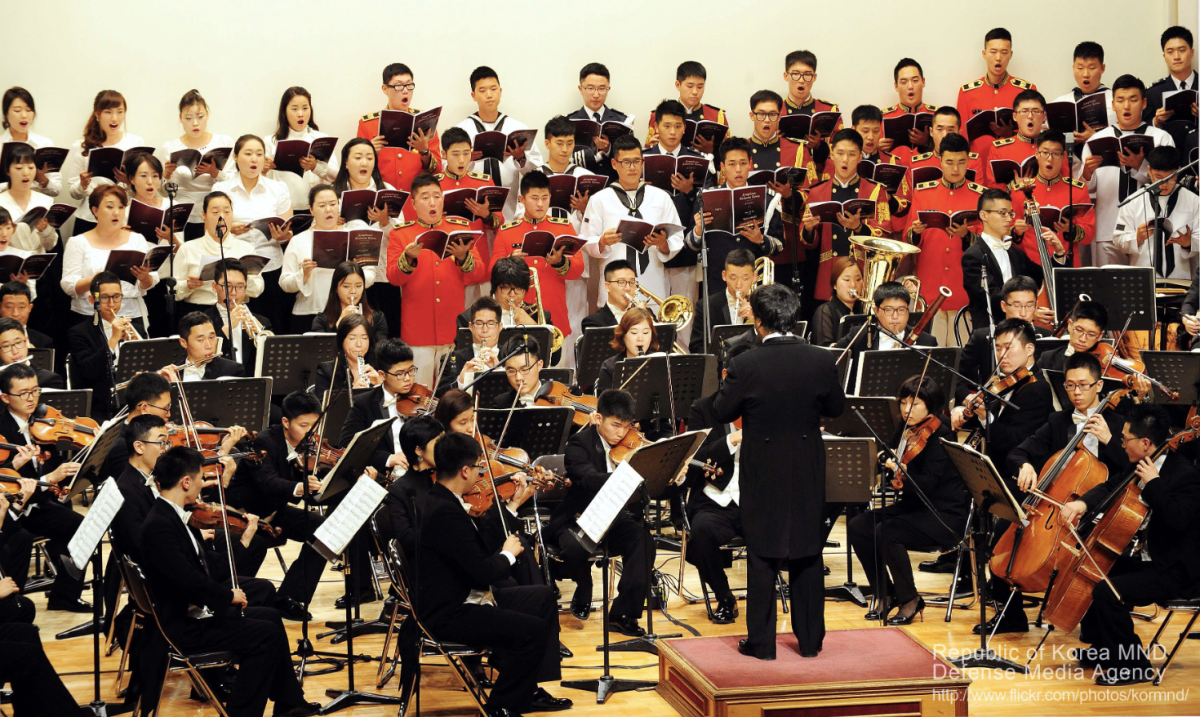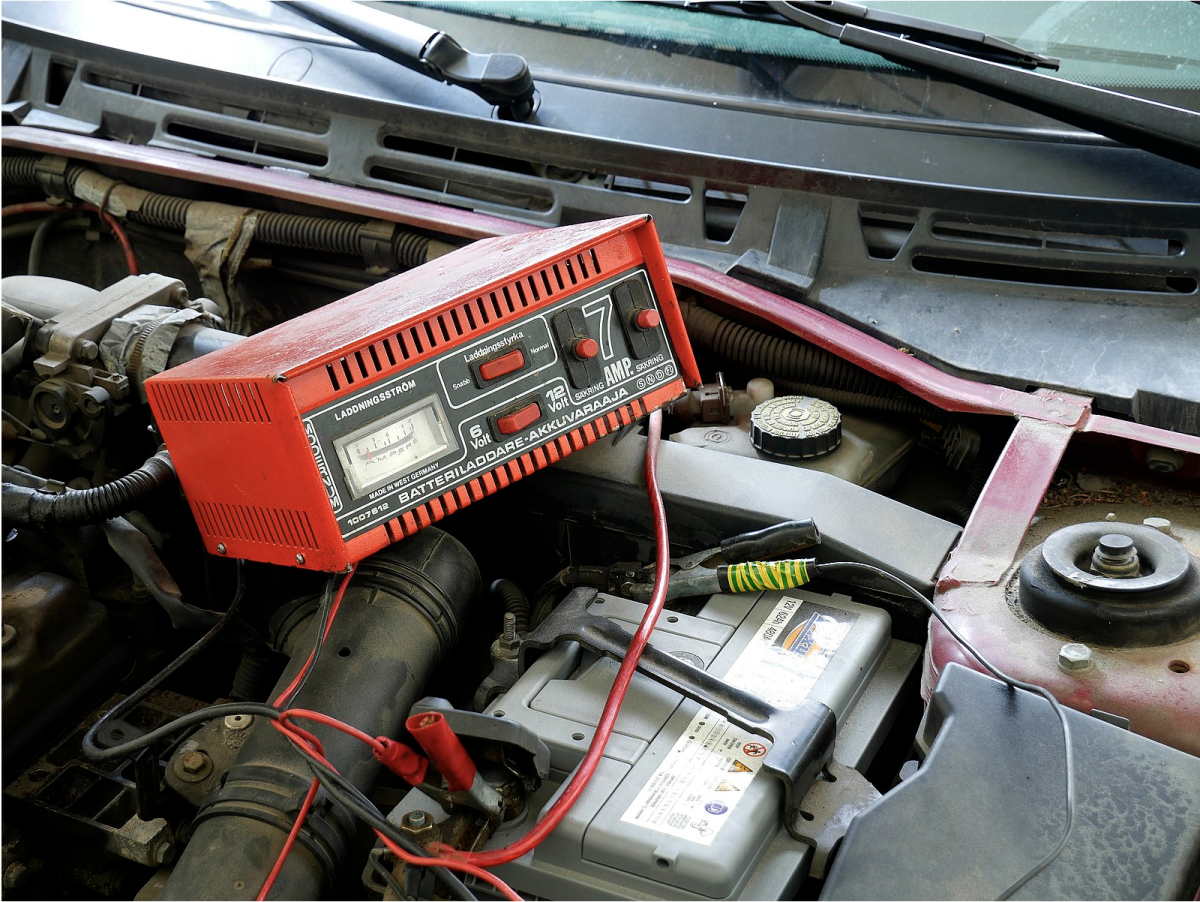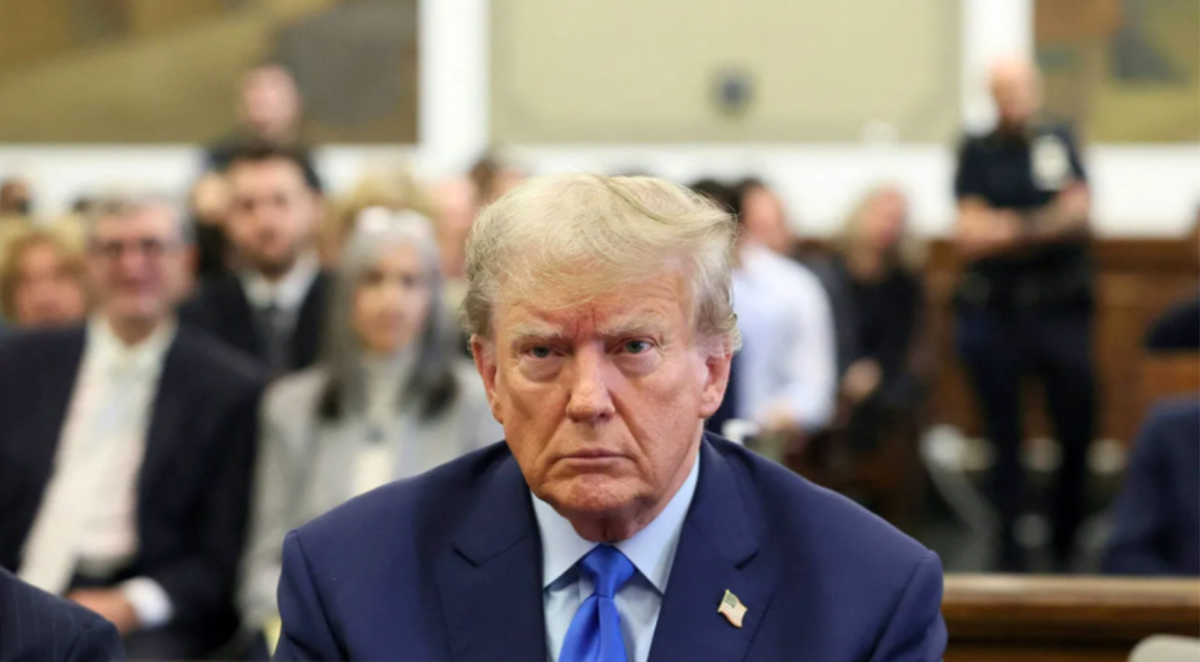Recently, the University of Texas at Dallas (UTD) was selected to lead a $30 million initiative to develop new batteries. Led by Dr. Kyeongjae Cho from the Erik Jonsson School of Engineering and Computer Science, the Batteries and Energy to Advance Commercialization and National Security (BEACONS) center aims to revolutionize the power source behind the world’s technology.
The US Department of Defense issued this grant to optimize battery usage as part of the National Blueprint for Lithium Batteries, 2021-2030, published in 2021. They aim to utilize robotics and reduce the need for specific materials in production. Specifically, researchers from UTD are trying to turn away from traditional lithium-ion batteries, which are the current standard for all things electric. These models have several disadvantages: in the presence of high heat, they are susceptible to explosions; they are made out of raw minerals that are expensive to mine and process, including nickel, lithium, and cobalt; and they are difficult, if not impossible, to recycle. Furthermore, lithium is the standard battery electrolyte, a substance that carries energy from one side of the battery to the other. The BEACONS center’s researchers are attempting to make other styles of energy storage by utilizing more accessible materials, such as aqueous zinc-ion batteries, which uses zinc instead of lithium, and solid-state batteries, which replace the standard liquid electrolytes with solids.
The initiative also includes the construction of a battery-focused research facility in the Richardson Innovation Quarter, a 1,200 acre research area specifically designed to support laboratories and innovative technology. The facility will be constructed to allow for the construction of Defense Department battery systems, which often have high safety prerequisites that can only be fulfilled in particular environments.
The proposal further involves plans to support labor development in the battery industry. UTD has already partnered with several local community colleges to train future workers specializing in energy storage and battery production. The development of energy-focused labor has already proven a worthwhile investment; just this summer, Tesla produced 10 million 4680 battery cells at its Gigafactory in Texas, which is enough to produce 12,000 Tesla Model Ys. As a comparison, since its opening in April of 2022, it has produced 12,000 vehicles, but entirely relying upon batteries from Tesla’s Fremont Factory in California.
As Texas continues to make advancements in battery development, UTD’s grant from the DOD will surely play a large role in the field’s development and innovations.






